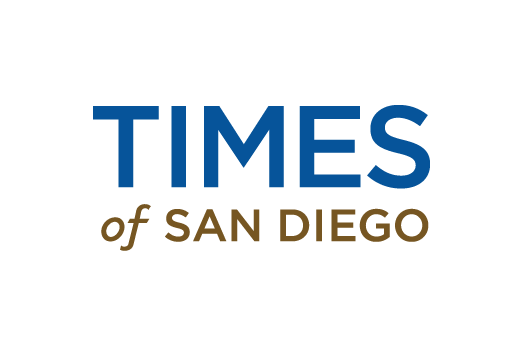We’re living in a time of remarkable medical breakthroughs, including new blood tests that can detect more cancers at earlier stages than ever before. With a drop of blood, multi-cancer early detection (MCED) tests can screen for more than 50 types of cancer at once, it’s a game-changer, especially for people like my mom, who never had the chance to catch her cancer early. These tests offer real hope, but only if people have access to them.
Current Medicare policy doesn’t cover MCED tests and offers no clear path for new screening tools, even after FDA approval. That’s why I’m joining advocates and families across the country in urging Congress to pass H.R. 842: The Nancy Gardner Sewell Medicare Multi-Cancer Early Detection Screening Coverage Act. This bipartisan legislation would modernize Medicare’s coverage framework so that older adults and other vulnerable populations can benefit from this innovation, potentially catching deadly cancers earlier when they’re most treatable.
We know what happens when people feel like they can’t afford health care: they wait and hope things will get better. For many, even a routine doctor’s visit feels out of reach, a luxury they simply cannot justify. My mother was no different.
For months, she struggled with bloating and persistent heartburn, going through bottle after bottle of antacids that soon piled up around her apartment. We tried every at-home therapeutic alternative from sleeping propped up to avoiding certain foods. I encouraged her to see a doctor, but she was reluctant like so many people are when symptoms feel manageable, or access to care feels out of reach. None of us realized these symptoms were signs of something much more serious.
What we didn’t know is that ovarian cancer can cause heartburn, especially when it spreads to the stomach or other abdominal organs. It can interfere with digestion, impact the nerves, and cause symptoms like nausea, indigestion, loss of appetite, all of which can be attributed to aging.
My mother, Pearl, was a nurturing person by nature, which made her an exceptional caregiver in her profession. But above all, her priority as a single mother was always her children. My five siblings and I were the center of her world, and she was the glue that held us all together.
I’ll never forget the joy on her face at my sister Julie’s wedding. It was the first time in seventeen years that all six of us were together, and her smile that day was the biggest I’d ever seen. We talked about how important it was to our mom that we were all together, and how we didn’t want to let so much time pass before seeing each other again.
That joyful moment stands in painful contrast to the next time we were all together, six years later, gathered at her hospital bedside. Her smile was still there, just a little weaker. By the time she saw a doctor, the cancer had spread, forming a tumor in her stomach. Her doctor hoped debulking surgery might help, but just 14 days after her diagnosis, my mom died from complications of stage IV ovarian cancer. She was 61 years old.
Her story is sadly far from unique. Around 80% of ovarian cancer patients are diagnosed only when the disease has reached an advanced stage. In San Diego County alone, nearly two-thirds of cases are diagnosed late, and our region has the third-highest ovarian cancer prevalence in California. These aren’t just numbers; they represent real lives.
Despite significant advancements in medicine and technology, we still only have accessible screenings for five cancers: breast, cervical, colorectal, prostate, and lung. That leaves more than 100 types of cancers, including ovarian and liver (which is now the fastest-growing cause of cancer death in the U.S.), without routine screening options. As a result, too many people, like my mother, aren’t diagnosed until it’s too late. That’s where MCED tests can make a difference.
Science has taken a massive leap forward. Now, policy must catch up.
I commend California Congressman Raul Ruiz for co-sponsoring this important bill and for championing equitable access to support early cancer detection, ensuring no one is left behind. The MCED Act has already secured bipartisan majorities in both the House and Senate, reflecting a shared commitment to innovative, nonpartisan solutions that transcend party lines. But it’s time to get it across the finish line.
Every day we delay puts more lives at risk. Let’s act now, for my mom, for families like mine, and for a future where fewer lives are cut short by cancer.
Scott Suckow is chairperson of Patient Advocates United in San Diego County.
